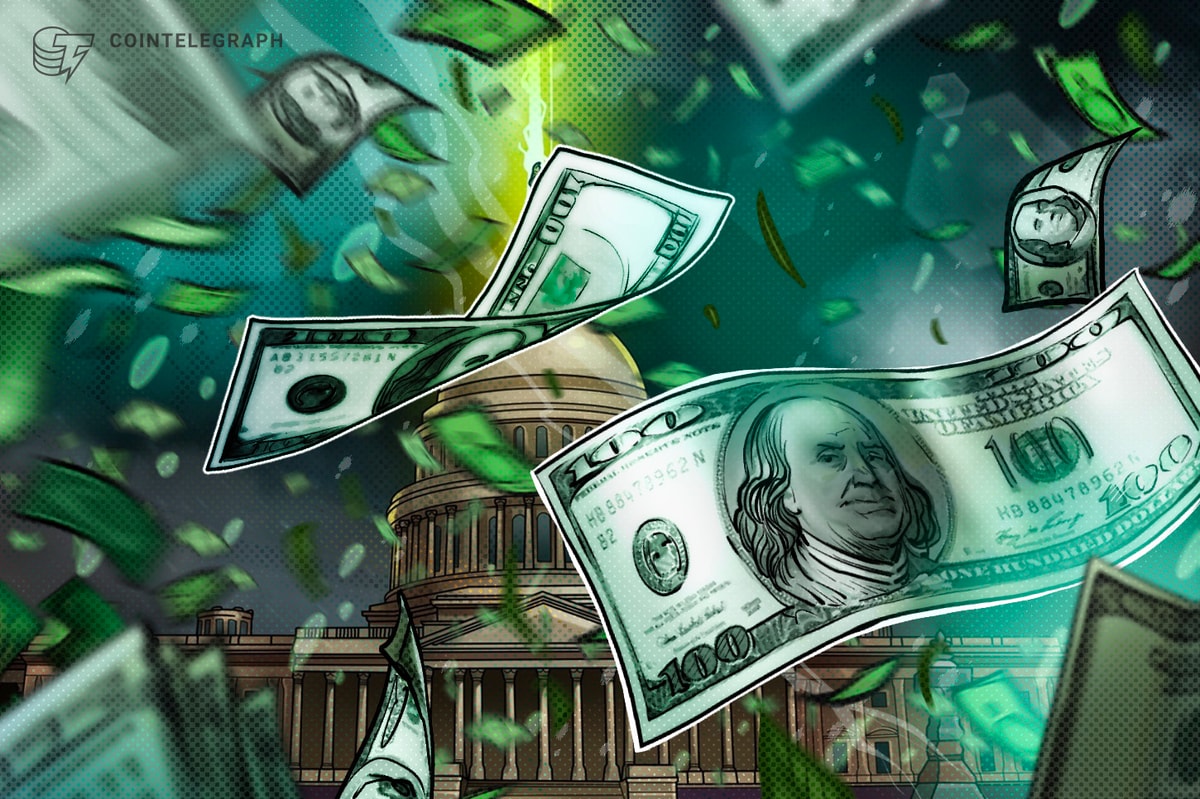The Reserve Bank of India (RBI) is reportedly reviewing certain digital wallets linked to electric vehicle (EV) services following the abrupt shutdown of BluSmart, the country’s largest all-electric taxi platform. The collapse left thousands of users unable to retrieve money stored in the app’s wallet, prompting concerns over the safety of funds in such closed-loop payment systems, according to a Bloomberg report.
These wallets, which can only be used within a single platform, are common across India’s expanding digital services sector, particularly in the EV space for tasks like booking rides or accessing charging stations. Unlike open-system wallets under the RBI’s direct oversight, closed-loop wallets operate with fewer regulatory safeguards, making users vulnerable during business failures.
According to the report, the RBI has begun informal discussions with EV charging operators and other app-based platforms to evaluate consumer protection measures. The central bank may soon convene a formal meeting with stakeholders to explore potential regulatory changes.
One proposed measure includes requiring closed-loop wallet providers to place customer funds in escrow accounts—similar to requirements for payment aggregators—to ensure users can recover their money if a company ceases operations. The RBI is also considering applying elements of its Prepaid Payment Instruments (PPI) rules to large-scale closed wallets.
A prepaid payment instrument (PPI) is a financial tool that enables users to load funds onto a card or digital wallet for future transactions. In India, PPIs encompass mobile wallets like Paytm, PhonePe, and MobiKwik, as well as payment gateways such as Razorpay.
So far, the RBI has permitted PPI users to conduct Unified Payments Interface (UPI) transactions through third-party mobile apps, enhancing the scope of digital payment services in India. This means that users can transfer or receive funds through UPI in their PPI wallet using third-party apps, making it interoperable.
BluSmart, once a major rival to Uber in India’s ride-hailing market, halted new bookings despite operating the country’s largest all-electric fleet of over 8,000 vehicles. Its suspension of services in Delhi, Mumbai, and Bengaluru sparked an online backlash. While some users reportedly said they received wallet refunds, others face a 90-day wait.
The crisis deepened after Indian market regulator, the Securities and Exchange Board of India (Sebi), accused co-founders Anmol and Puneet Singh Jaggi of diverting loans meant for vehicle leasing to fund personal luxury purchases. BluSmart’s reliance on corporate leasing—mainly through Gensol Engineering Limited, also run by the founders—has further raised concerns over financial mismanagement and transparency.
While no formal regulatory action has been taken yet by the RBI, expanding oversight of app-specific wallets could significantly impact India’s digital economy, where prepaid balances are widely used to promote customer loyalty and frequent usage.
This is especially significant at a time when India, the fastest-growing large economy, expects its digital economy to grow almost twice as fast as the overall economy, contributing to nearly one-fifth of national income by 2030. This means that, in about five years, the share of the digital economy will become larger than that of agriculture or manufacturing in the country. Agriculture employs around 45% of India’s workforce and contributes nearly 15% to its $3.5 trillion economy.
In India, e-wallets—also known as digital wallets—are mobile applications or software tools that let users securely store their payment details for both online and offline transactions. Functioning like virtual versions of traditional wallets, these platforms allow for cashless payments, eliminating the need to carry physical currency or cards.
The growing use of e-wallets in the world’s most populous nation has played a key role in driving the shift toward a cashless economy, making transactions faster and more convenient for millions of users.
PhonePe is a widely used digital payment platform in India, built on the Unified Payments Interface (UPI). It facilitates money transfers and bill payments and provides access to financial services like insurance and investment products.
Google Pay (NASDAQ: GOOGL) has also emerged as a major player in India’s digital payments space. It offers a smooth and secure interface for conducting UPI payments, whether online or at physical stores. Amazon Pay (NASDAQ: AMZN), integrated within the Amazon app, functions as a closed-loop wallet in India but is also accepted by several partner merchants, making it useful beyond Amazon’s ecosystem.
Other popular digital wallets in India include MobiKwik, Ola Money, and Airtel Money. These platforms enable quick payments, mobile recharges, and utility bill settlements.
Watch: RockWallet is the go-to app for everyone

















 English (US) ·
English (US) ·